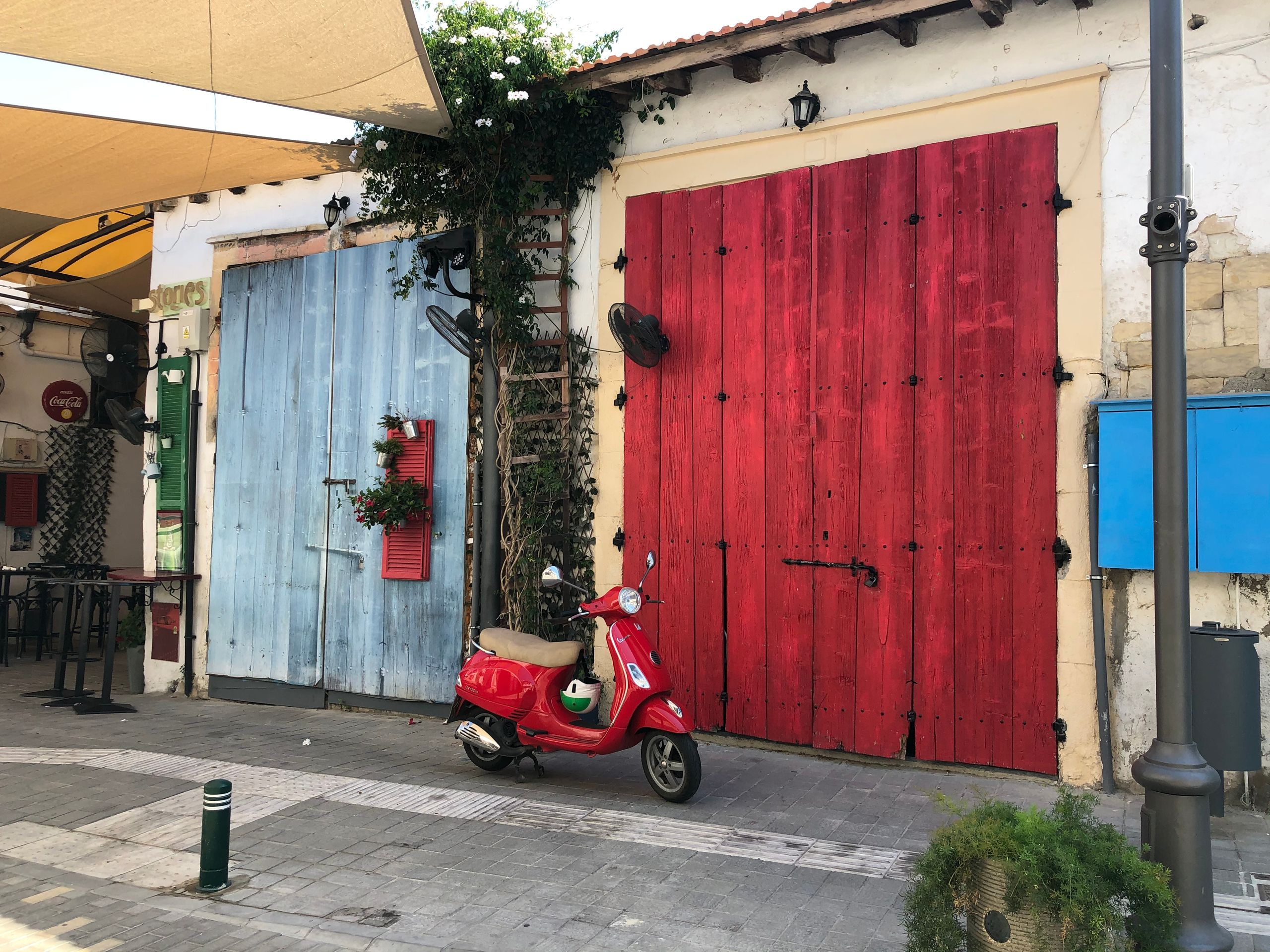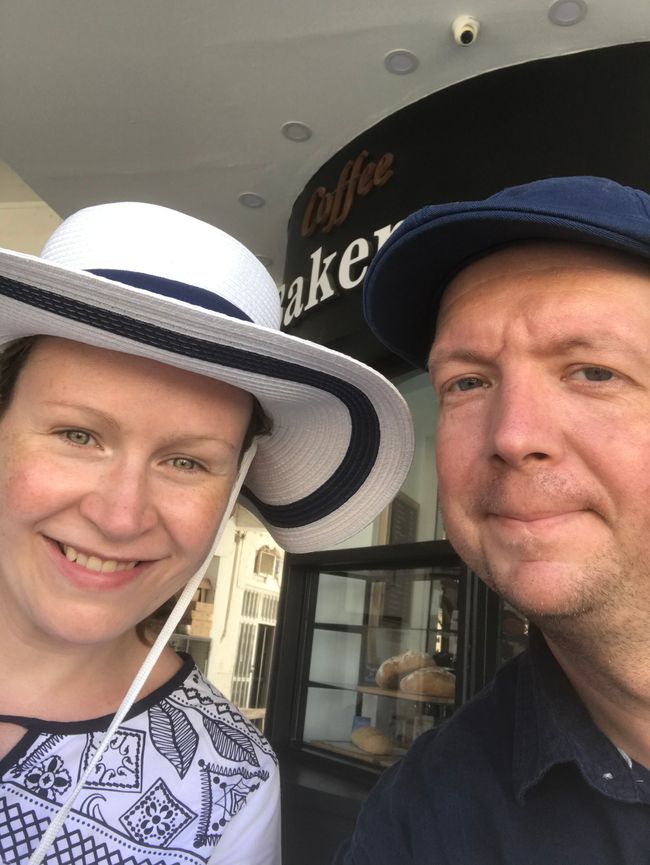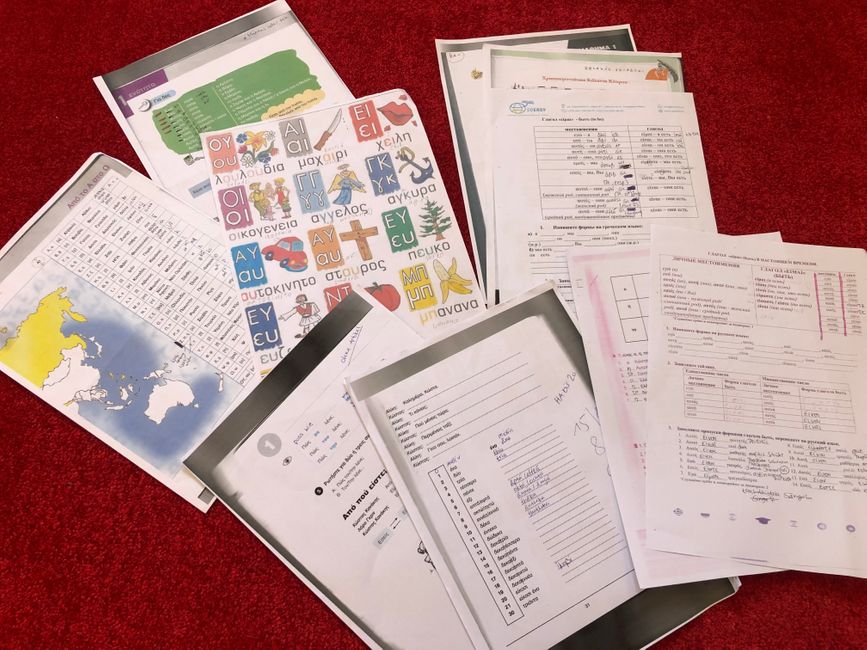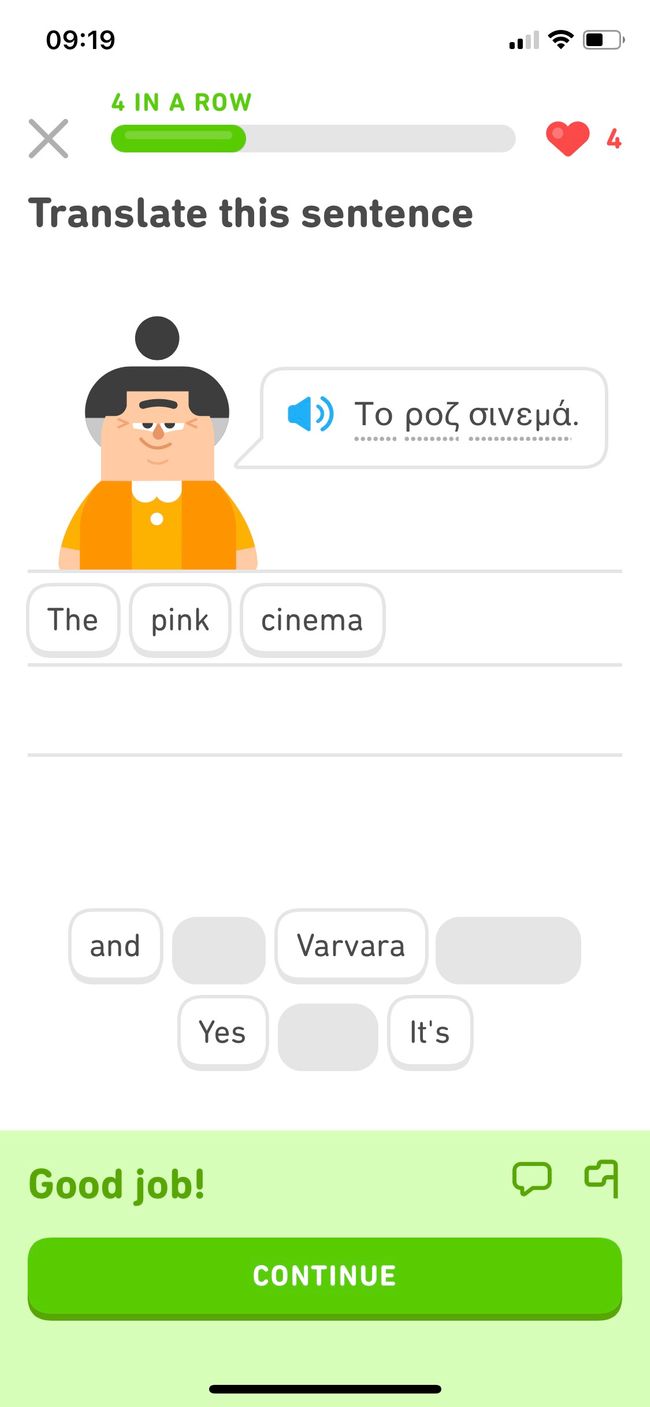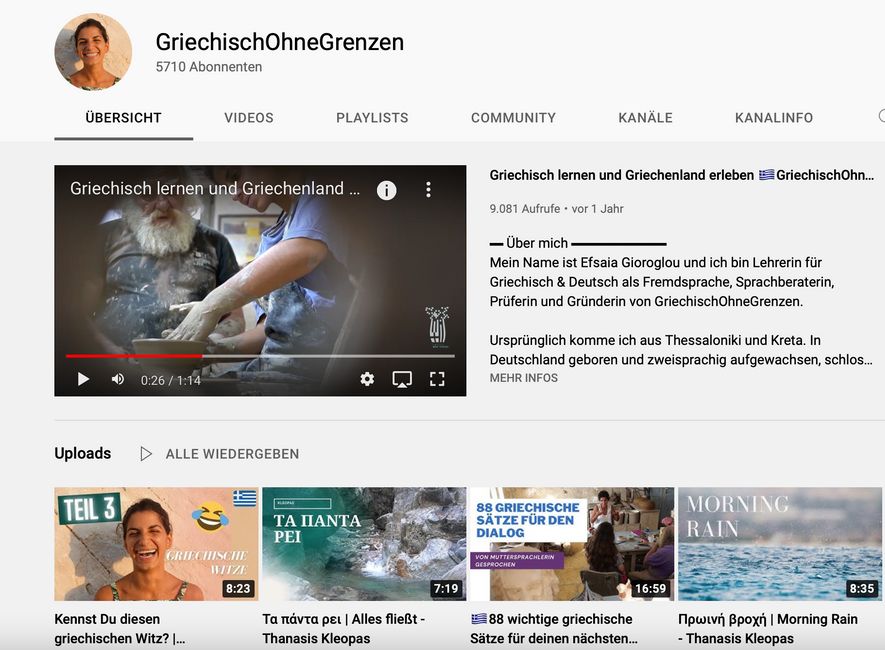We are learning Greek!
E phatlaladitšwe: 03.12.2021
Ingwadiše go Lengwalo la Ditaba
Hello!
I know, the whole world is learning Greek right now, but for us it goes far beyond Alpha (Α,α), Delta (Δ,δ), and Omicron (Ο,ο)! And here's a smarty-pants comment on how to pronounce Delta, which is THELTA (the 'th' like in 'think' in English). 😜
Once a week, we hit the books for two hours and it feels really good. At first, you may feel overwhelmed by so much new input, but here too, it's worth sticking with it.
The Greek alphabet is quite challenging. It only has 24 letters, but besides 2 'o's, it has a whole 5 'i's (I guess the Greeks could just do with one 🤣). In addition, there are several letter combinations - all in all, more complex than the German ABC. However, the definite articles are not as arbitrary as in German. By simply looking at the word ending, you can easily determine the gender of a noun (of course there are exceptions - logically).
We don't have high expectations of ourselves. In general, we want to be able to engage in small talk and somehow keep up with the children who are also learning Greek. Although the two of them can only count confidently up to 10 (and we can count up to 100 🤫), in six months they will surely surpass us.
One tricky aspect is the fact that our language teacher is Belarusian and we are learning Greek in English, although her English is not as advanced as her Greek. The teaching material is also partly Greek-Russian, which sometimes raises a lot of questions for us 🤔. To support ourselves, we have also obtained a Greek-Greek A1 textbook, we learn with the Duolingo and Mondly learning apps, and occasionally watch the great YouTube videos from GriechischohneGrenzen.
Ingwadiše go Lengwalo la Ditaba
Karabo

Dipego tša maeto Tsipero ya
